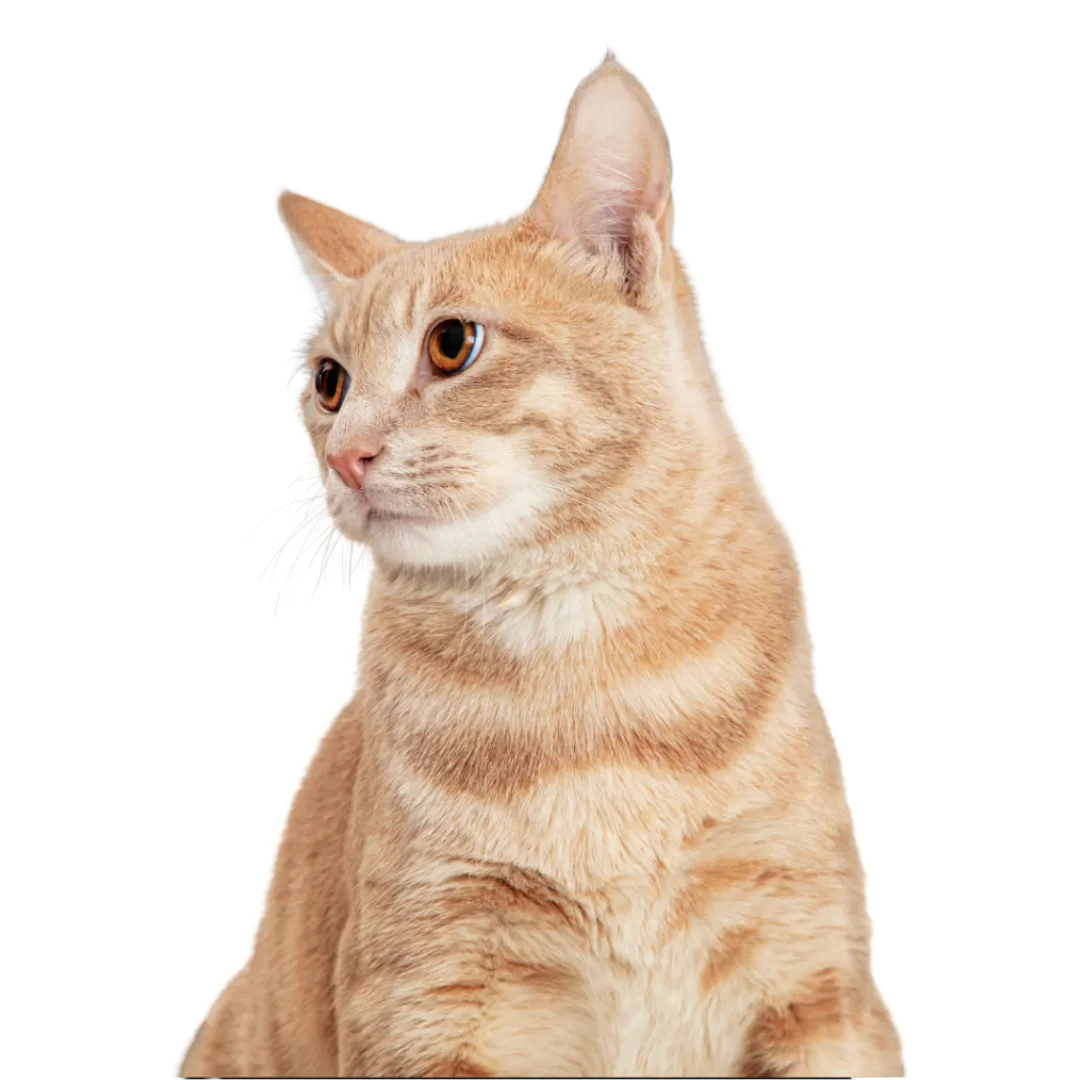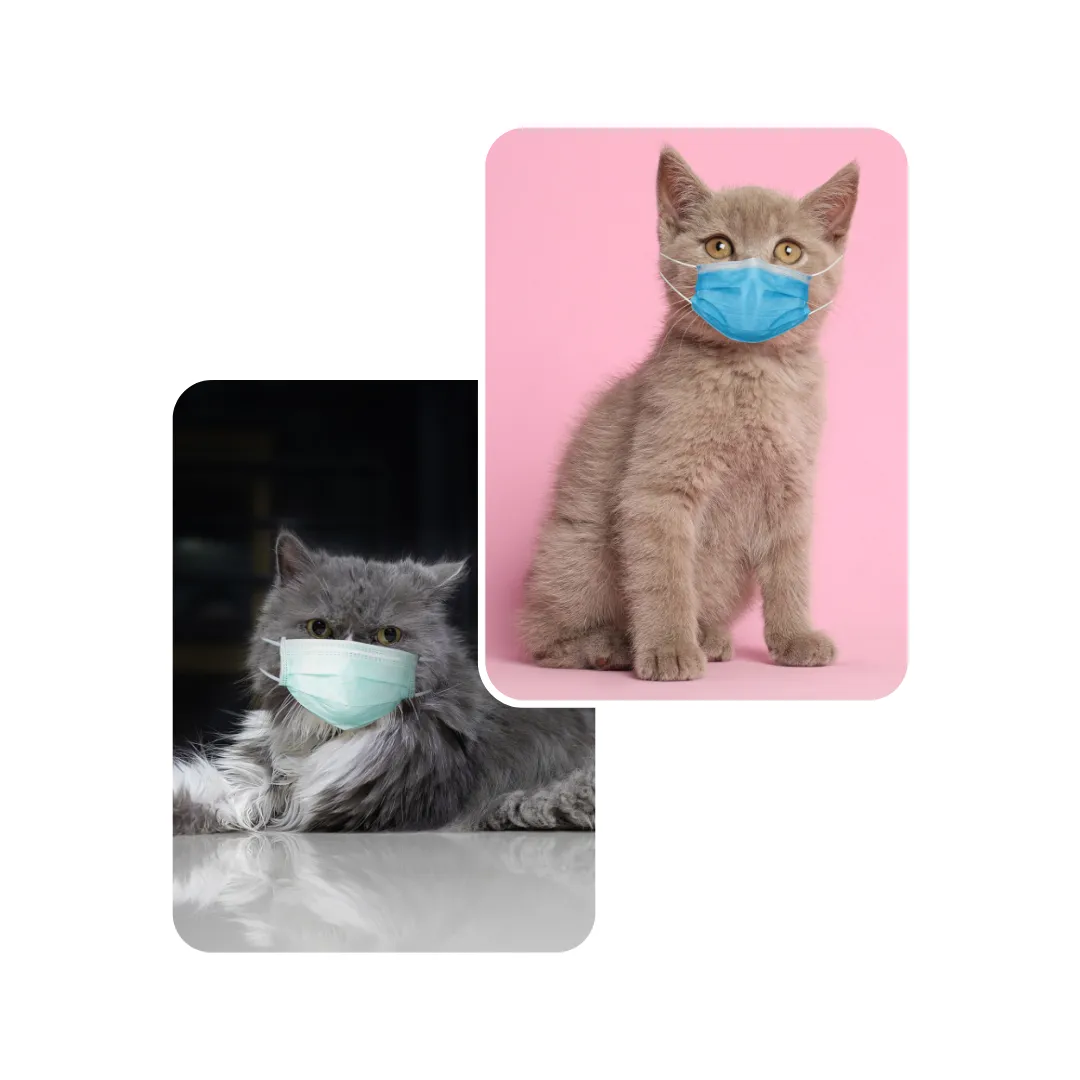
Respiratory conditions in cats can develop for many reasons. Viruses like feline herpesvirus or calicivirus are common causes, especially in young or unvaccinated cats. Bacteria, such as Bordetella or Mycoplasma, can also infect the airways. Allergies to dust, smoke, or pollen sometimes trigger sneezing and coughing. In some cats, breathing problems may result from asthma, heart disease or even foreign objects stuck in the nose or throat.

Cats that may need surgery often show:
Cats with airway infections often sneeze repeatedly and may have a runny nose. The discharge can be clear, watery or thick and colored (yellow or green), which usually means there’s an infection.
Cats normally breathe quietly with their mouths closed. If your cat is breathing with its mouth open, moving its belly and chest heavily or stretching its neck to get more air, this is an emergency.
Some cats with congested airways breathe with a rattling, snoring or gurgling sound. This means mucus or inflammation is blocking the airways.
A cat that coughs often or makes a whistling, wheezing noise when breathing may have irritated or narrowed airways. This is common in asthma, bronchitis or severe infections.
Because cats rely on their sense of smell to eat, a blocked or stuffy nose often makes them refuse food. Over time, this can lead to dangerous weight loss.
Respiratory infections sometimes affect the eyes too, causing watery or thick discharge, redness, and squinting.
Most are caused by viruses like feline herpesvirus or calicivirus, but bacteria, allergies or asthma can also trigger breathing issues.
Most cat respiratory viruses are species-specific and do not spread to humans, but bacteria like Bordetella can rarely affect people with weak immune systems.
Sneezing, nasal discharge, coughing and loss of appetite are early signs. If your cat struggles to breathe or breathes with an open mouth, seek immediate vet care.
Treatment depends on the cause. Infections may need antibiotics or antivirals, while asthma is managed with inhalers or anti-inflammatory medication.
If your cat has noisy breathing, refuses food, or shows signs of labored breathing, visit the vet right away. Breathing problems can worsen quickly in cats.
Click the Appointment button or call us directly. Early treatment keeps your cat comfortable and prevents complications.
Your pet deserves expert care – Subscribe now for trusted tips and updates from our pet experts.
